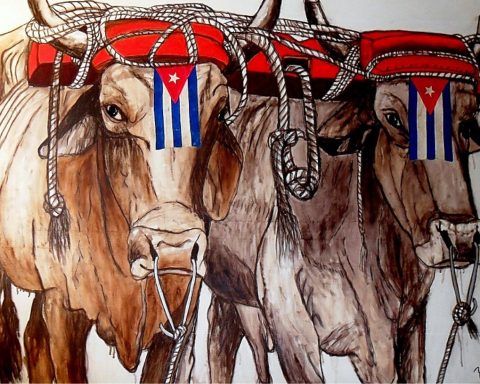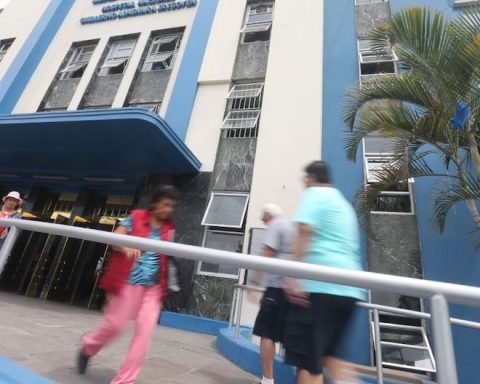The Fair Prices program, which sets prices for some two thousand essential products through voluntary agreements between the Government and producing and marketing companies, It will be valid until December 31, 2023.
In Resolution 1077/2022, published this Monday in the Official Gazette, the term of validity until the end of next year was established, while the regulations to be met by the companies producing the distributed inputs were detailed.
The original resolution with which Fair Prices was created, published on November 10, was limited to companies supplying Mass Consumption Goods, retail and wholesale supermarkets, and did not set the term of validity of the program, beyond establishing that the agreements with each company would run from November 2022 to the end of February 2023.
Mindful of this situation, in the recitals of resolution 1077 it is indicated that “it is necessary to clarify the term of validity of the Fair Prices Program” and empower the Ministry of Commerce to “issue the necessary clarifying regulations”.
In addition, the companies that produce inputs released were incorporatedconsidered as the “producers of strategic products for the national industry that, as a result of an industrial process, are part of the production chain of a large part of the mass consumption products, among others”.
Those companies, if they sign the agreement to adhere to the program, “must constantly and uninterruptedly sell the products that they market and that will be detailed at the time of signing the aforementioned agreement” between December 2022 and February 2023.
In the event that it is impossible to supply a product for reasons beyond the control of the companies, “they must give reliable notice of this to the Undersecretary of Policies for the Internal Market” within a period of no more than 72 hours of becoming aware of said impossibility.
In this framework, it will be considered that the companies incurred in infringement when they do not respond in a timely manner to the information requirements or when the breach of any of the provisions of the resolution and the clauses of the agreement they sign is verified.

A few days ago, the Minister of Economy, Sergio Massa, together with the Secretary of Commerce, Matías Tombolini, signed an agreement with the main suppliers of industrial inputs for the production of food and consumer goods for which said companies will not be able to change their prices above 3.9% per month on average compared to the month of December.
The objective of this voluntary agreement, which will last until March 2023, is give predictability to the cost structure of the companies that participate in the Fair Prices program because one of the fundamental factors in the formation of the price of a product are the costs of the so-called inputs of widespread use.
On that occasion, Massa stressed that these agreements “allow the network of more than 41,000 SMEs that are part of the value chain to have the possibility of planning.”
Tombolini claimed that “We continue working on the road map proposed by Minister Massa to lower inflationary pressure and bring order and predictability to all sectors.”
The inputs produced by the companies that signed this agreement (glass, paper, aluminum, chemicals, among others) are key in the industry’s value chains, as they constitute essential raw materials.
In the last week, the program incorporated products for the Christmas and New Year table by launching in supermarkets and wholesalers throughout the country a basket of about fifty typical foods and drinks for the celebration of the Holidays.
Consumers from all over the country can verify prices and if a product in the gondola is part of Fair Prices through the program app which can be downloaded for both Android and IOS.
The app also allows you to make complaints in case of non-compliance with prices or shortages.

















